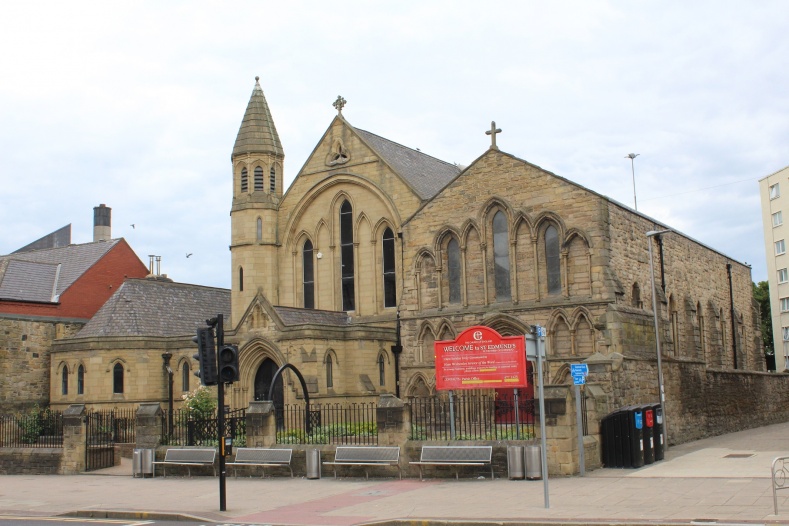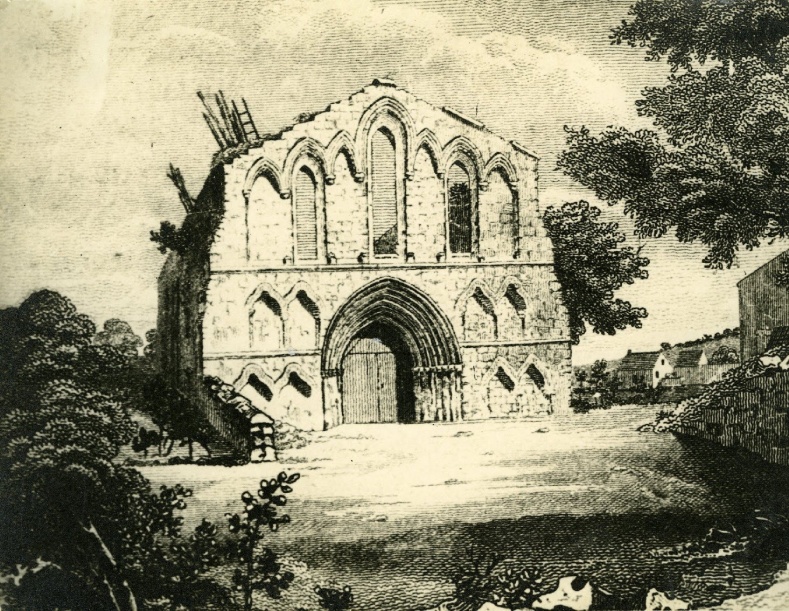

Farnham, Bishop Nicholas of
d. 1257
Bishop of Durham
Not much is known of Farnham’s early life, but it is believed that he was born in Surrey in the late 12th century. He was educated both in England and on the continent but was forced to return to Oxford after riots in Paris. He took up a teaching position at Oxford but shortly thereafter in 1237, he was appointed Physician and Confessor to King Henry III (1 October 1207 – 16 November 1272).
He received many gifts from the royal family and was favoured by Henry. Nicholas, however, whose first love was theology, shunned high office. In his later years, he suffered from illness. He was elected to the Bishopric of Coventry in 1239 but turned down the role. He was again elected to the Bishopric of Durham and would have refused again if it were not for the direct encouragement of Henry and the Bishop of Lincoln.
Nicholas was Bishop of Durham from 1241 to 1249. He was given dispensation from the Pope to resign his position on grounds of ill-health. He spent the remainder of his life in Stockton. He died there in 1257 and was buried at Durham.
During his brief tenure as Bishop, Nicholas made several significant endowments. He provided 100 acres of land to Tynemouth Abbey and was a key benefactor to Durham Cathedral. His most lasting endowment, however, was perhaps the establishment of the ‘Free Chapel of St. Edmund the King and Martyr’. The hospital provided relief for the elderly and poor of Gateshead. In nearly 800 years the hospital has taken on many different forms but continues today as King James’ Hospital in Gateshead.